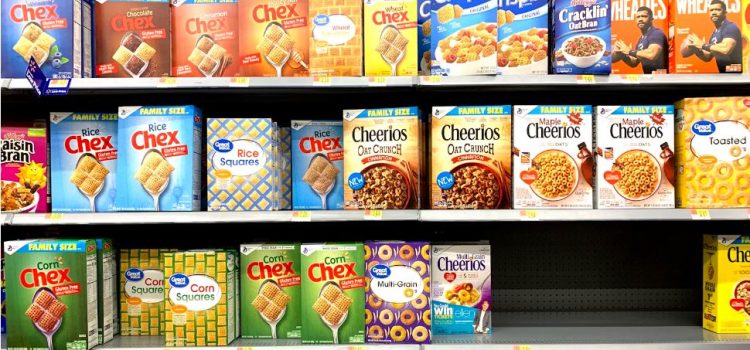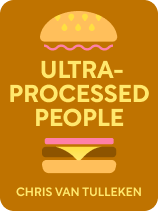

This article is an excerpt from the Shortform book guide to "Ultra-Processed People" by Chris van Tulleken. Shortform has the world's best summaries and analyses of books you should be reading.
Like this article? Sign up for a free trial here.
Are there government regulations on ultra-processed foods? What does the FDA say about them?
In his book Ultra-Processed People, Dr. Chris van Tulleken explains that there are very few ultra-processed food regulations. This allows companies to bypass the FDA when they put additives in foods.
Here’s how it came to be this way.
Don’t Governments Regulate Food Additives?
Most people assume that any chemically altered substances and artificial ingredients in their food have been certified as safe by the government. Unfortunately, van Tulleken explains, that isn’t the case. In the US, for example, the Food and Drug Administration (FDA) allows food companies to “self-certify” their new additives, meaning that they aren’t required to submit any proof to the government that they’ve done testing on UPF’s safety.
How did the omission of ultra-processed food regulations happen? In the 1950s, the US government became concerned about the many new industrially produced chemicals that companies were adding to food. The legislature passed a law requiring testing and formal approval by the FDA before an additive could be used in food. However, the law provided an exception for additives that were “generally recognized as safe (GRAS),” so that common ingredients like salt wouldn’t have to go through the FDA’s extensive approval process.
Many UPS manufacturers began using this exception as a loophole, and eventually, due to a backlog in GRAS applications, the FDA decided to allow companies to make their own determinations about whether their additives were safe. This means that UPF manufacturers don’t need to get government approval for new food additives. Not only that, but if a company does apply to the FDA for GRAS approval and the FDA expresses concerns about the safety of the additive, the company can simply withdraw its application and certify the additive’s safety itself.
There are probably around 10,000 food additives in the US, but we don’t even know for sure how many there are because companies that self-certify don’t have to inform the FDA that they’re doing so.
| Addressing Problems With the Food Safety Regulation System Many experts believe we need more regulation of UPF. Currently, very few US government policies address UPF at all. One study shows that in the approximately 40 years between 1983 and 2022, only 25 policies were proposed or passed at the state and federal level that would regulate UPF. Comparing the FDA’s lax regulation of food with its strict regulation of drugs highlights the potential risks in the current system, given that we consume food at least three times a day, while medication use is typically more infrequent. Some nutritionists say the FDA and the US Department of Agriculture (USDA) must act urgently to make UPF safe because Americans’ unhealthy diet contributes to over 678,000 American deaths a year from chronic food-related illnesses. Although van Tulleken recommends various forms of government regulation of UPF (described below), he doesn’t mention one of the most obvious: requiring stricter government oversight of UPF additives. Some researchers say that the solution to the problems with the current food regulation system lies in giving the FDA more power and resources not only to approve new additives, but also to review the safety of existing additives and limit the GRAS exception. |

———End of Preview———
Like what you just read? Read the rest of the world's best book summary and analysis of Chris van Tulleken's "Ultra-Processed People" at Shortform.
Here's what you'll find in our full Ultra-Processed People summary:
- Why it’s so hard to stop eating your favorite chips
- How the way ultra-processed food is made harms the environment
- Ways to counteract the effects of ultra-processed food






